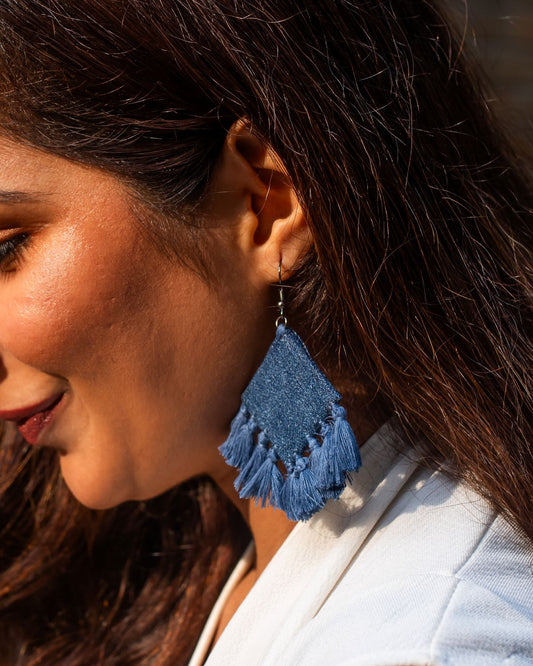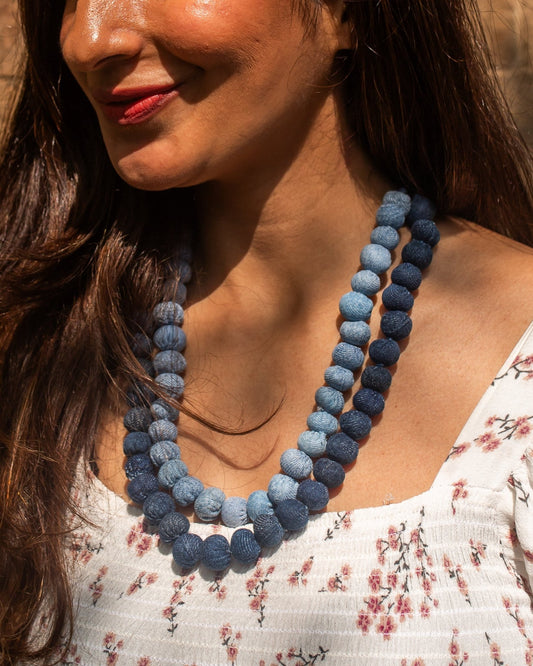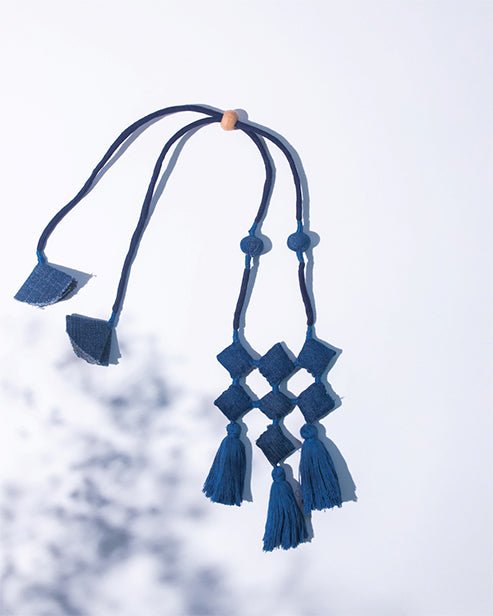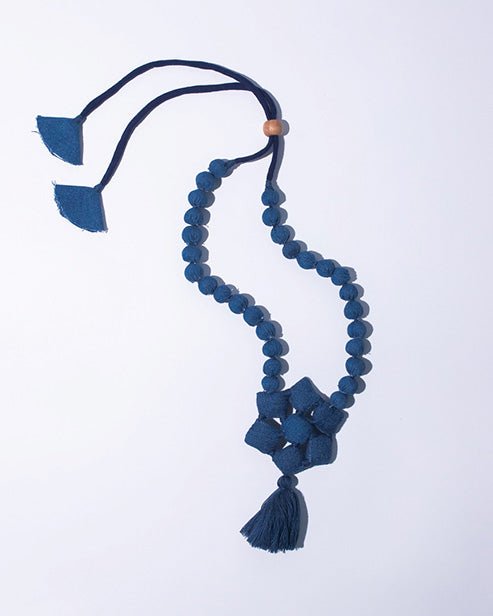Do you think it would be justifiable if we, here at Dwij, didn’t talk about how our fashion choices impact the world? As a sustainable fashion brand, we believe it is vital for us to talk about how our small choices impact the world greatly. We are certain that if you’re reading this blog today, you’ll get to understand many useful things. Things that won’t only impact the environment positively but will also contribute to your standard of living
Wearing environmentally friendly clothing is only one aspect of sustainable fashion; it's also a deliberate choice that reflects our values, beliefs, and the future world we hope to create. In this blog, we’ll delve into the ocean of psychological aspects behind sustainable fashion. Without any further ado, let’s dive straight into it!
Powerful Expressions Behind Fashion
We at Dwij think that if you’re reading this post, you’re someone for whom fashion is more than just clothing or who has some passion for sustainability inside. Everything that you carry, no matter whether it’s an accessory or an outfit, resonates and connects with your identity. Don’t you think that fashion offers a way for us to express our values and ideas?
When we opt for sustainable fashion, it's not merely a matter of personal style; it's a conscious declaration. It's saying, "I care about the planet, I respect the dignity of workers, and I strive for ethical and eco-conscious choices."

The Allure of Sustainability in Fashion
Well, the real question to ask is, what is it actually about that resonating fashion with ourselves on a deeper level? Let’s explore the psychological content that contributes:
A recent survey report says that the fashion industry represents a business with a global turnover of 1.3 trillion dollars and employs more than 300 million people worldwide. Don’t you think it’s insane to ignore how much of the garment is produced and wasted rather than being recycled?
Ethical In-lining: Sustainable fashion helps us to align our morals and values and provides profound satisfaction in aligning our actions with values. It gives us a sense of fulfillment and harmony with our values to know that the clothes we choose support fair labor practices, decent worker treatment, and ethical procurement of resources.
Real-life example, consider our brand. For instance, Dwij works on the sole motive of upcycling denim to reduce waste. And we create products that are not only environmentally friendly but also hold a much deeper value. Everything that we deliver is unique and requires a humane effort to add value to it.
Empowerment: Preferring sustainability in fashion surely impacts our mindset and adds deeper value to our thoughts. It empowers us to make healthy-meaningful contributions to a cause we deeply care about. It makes us go from being apathetic customers to becoming engaged participants in the worldwide fight against climate change and unethical business practices in the fashion industry.
Real-life example, the Fashion Revolution started the "Who Made My Clothes?" initiative, which encourages customers to inquire about a company's supply chain transparency. By just asking questions, people feel more empowered and accountable. If you think about it, don’t you want to know who made the jeans you’re wearing right now?
You may also like: Slavery and fashion – Is there a connection?
Belonging and Identity: More than just a choice in style, sustainable fashion provides a channel for interacting with like-minded people and groups. Sharing a shared set of values and a sense of responsibility for the earth is more important than just clothing.
Real-life example, sustainable fashion events like Eco-fashion Week help bring designers and activists together and combine communities to share their passion for a cause.
On the other hand, fast fashion has without a doubt dominated the industry for decades. Fast fashion taps us into instant gratification, puts us in a situation of peer pressure, and leaves no sustainable values and principles to live with. The gratification of a new style, the peer pressure of wearing a brand just because it’s popular, and the much cheaper and affordable price of fast fashion definitely impact us negatively.
How to Overcome Psychological Barriers
While the allure of fast fashion is undeniable, there are ways to overcome these psychological barriers and embrace ethical fashion wholeheartedly:
1. Mindful Consumption: Cultivate mindfulness when shopping for clothing. Ask yourself if you genuinely need an item and consider its long-term value in your wardrobe.
2. Education: Educate yourself about the environmental and social impacts of the fashion industry. Understanding the issues at hand can motivate you to make more informed choices.
3. Support Sustainable Brands: Seek out and support fashion brands that prioritize sustainability and ethical practices. These brands often resonate more closely with your values.
4. Quality over quantity: Invest in quality, timeless pieces that are designed to last. This approach reduces the need for frequent replacements and, in turn, decreases your environmental footprint.
5. Secondhand: Explore secondhand shops to find old yet absolutely stunning pre-loved clothing items. This not only extends the life of garments but also reduces waste. And don’t you think you’ll feel proud to contribute to the environment?
6. Upcycling: Practice and promote upcycling to an extent where you are fond of giving a new life to old clothes. Upcycling clothes is not only beneficial for the environment, but you would be wearing clothes with a meaning behind them rather than just styling around.
The Ripple Effect of Sustainable Fashion Choices
As far as we believe, the real beauty of sustainable fashion lies in its ability to create a ripple effect. While one individual's choice to embrace sustainable fashion may seem small, it has the potential to generate a profound impact.
Your choice to prioritize sustainability in your wardrobe sends a loud and obvious statement to the fashion industry that there is an increasing market for moral and environmentally responsible goods. This can then result in systemic improvements like enhanced supply chain transparency and responsible material procurement. Let us know in the comment section below what you think about it.
At last, by choosing sustainable fashion, we not only adorn ourselves with clothing but also have the potential to bring about positive change. It's an opportunity to stand on the right side of history, where style is intertwined with sustainability and every garment tells a story of consciousness, compassion, and a brighter, greener future.





